Retro Replay Review
Gameplay
Aretha’s gameplay embraces the classic turn-based RPG formula, distilled into the compact Game Boy format. You guide a young heroine across a tiled world map, entering towns, forests, and fields as you please. Random encounters pop up on the overworld—each battle triggers a brief transition to a separate combat screen where you’ll select commands for each party member sequentially.
(HEY YOU!! We hope you enjoy! We try not to run ads. So basically, this is a very expensive hobby running this site. Please consider joining us for updates, forums, and more. Network w/ us to make some cash or friends while retro gaming, and you can win some free retro games for posting. Okay, carry on 👍)
The combat system is straightforward but offers surprising depth. Each character can Fight, Guard, use Items, or cast elemental magic. As you progress, you’ll unlock new spells and recruit allies whose unique abilities encourage experimentation with different party compositions. The pacing keeps you engaged: no single battle drags on too long, yet tougher foes demand more strategic thinking.
Exploration feels rewarding despite the minimal guidance—stores, inns, and hidden treasures pepper the landscape. Since the game is untranslated, you’ll rely on visual cues, trial-and-error, or fan-made maps to navigate complex dungeons. For puzzle lovers, decoding menus and deciphering NPC speech adds an extra layer of challenge that import aficionados will find irresistible.
Graphics
On the original Game Boy’s monochrome screen, Aretha delivers surprisingly detailed sprites and environments. Character portraits, while small, convey personality through expressive eyes and simple animations. Enemies range from slimes and goblins to more exotic creatures, each distinguishable despite the hardware’s four-color limitation.
The overworld map features varied terrain—lush forests, murky swamps, and winding caves—rendered with clear tile sets that never become visually repetitive. In towns, you’ll recognize familiar RPG tropes: signposts, wells, and market stalls all designed within a tight 8×8 pixel grid but still brimming with charm.
During battles, the backgrounds shift subtly to reflect your surroundings—campfire glows when you fight in a forest clearing, and shadowy stone patterns appear in dungeons. These small touches break up the static nature of many Game Boy RPGs and showcase Aretha’s artistic care, elevating the visual experience beyond what one might expect from an untranslated portable title.
Story
Aretha’s narrative centers on a plucky young heroine on her inaugural adventure. Though the dialogue remains in Japanese, the story unfolds through familiar RPG beats: thwarting monsters, gathering allies, and unearthing hidden lore about a looming evil. Emotive sprite portraits during key events hint at character relationships, helping you piece together motivations even without a translation.
The game balances lighthearted moments—like an early rescue mission in a bustling village—with more somber revelations deep within ancient ruins. Side conversations with NPCs, when understood visually, flesh out the world, giving depth to townsfolk and minor villains alike. Fans of fantasy tropes will feel right at home interpreting gestures and contextual clues.
Because Aretha is the first part of a trilogy, the ending offers a taste of greater conflicts to come. Subplots remain tantalizingly unresolved, making the import experience especially rewarding for those willing to track down the sequels. The story’s pacing keeps you invested, rewarding patient explorers who map every corner of the realm.
Overall Experience
Playing Aretha as an untranslated import is a voyage of discovery. While the language barrier may deter casual players, completionists and JRPG enthusiasts will relish the challenge of learning mechanics through gameplay rather than text. The quest to understand menus, item descriptions, and magic names fosters a sense of accomplishment beyond mere level-ups.
The game’s length—roughly 20–30 hours for a first playthrough—strikes a satisfying balance between bite-sized portable convenience and substantive RPG depth. Repeat visits reveal new secrets, as previously cryptic NPC hints suddenly make sense once you’ve grasped key terms. With its approachable difficulty curve and steady progression, Aretha remains accessible even for import novices.
Ultimately, Aretha shines as both a historical curiosity and a solid portable RPG. Its charming graphics, tight gameplay loop, and engaging storyline hold up remarkably well on a monochrome screen. For anyone hunting down the roots of handheld JRPGs or eager to tackle one of the Game Boy’s hidden gems, Aretha offers an unforgettable journey into a world waiting to be fully explored.
 Retro Replay Retro Replay gaming reviews, news, emulation, geek stuff and more!
Retro Replay Retro Replay gaming reviews, news, emulation, geek stuff and more!
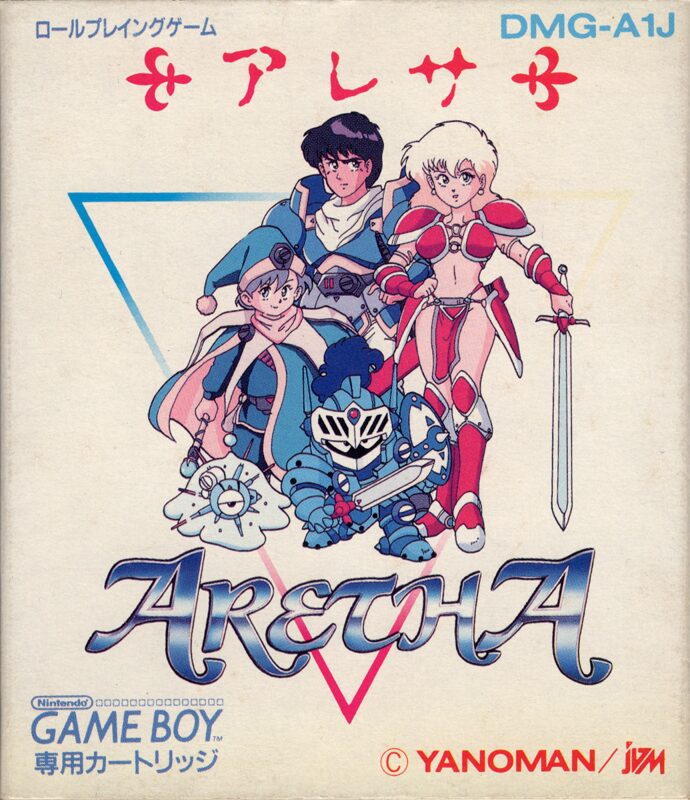
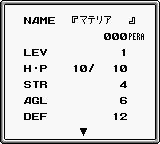
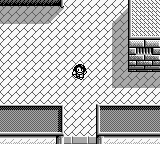
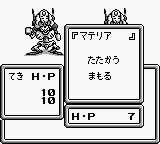
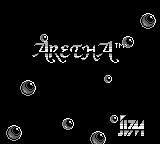
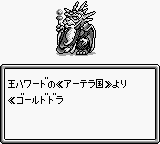


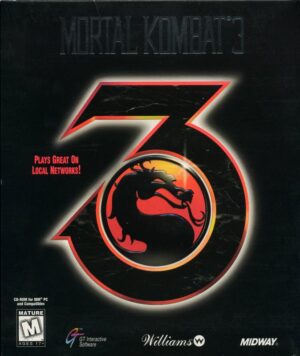
Reviews
There are no reviews yet.